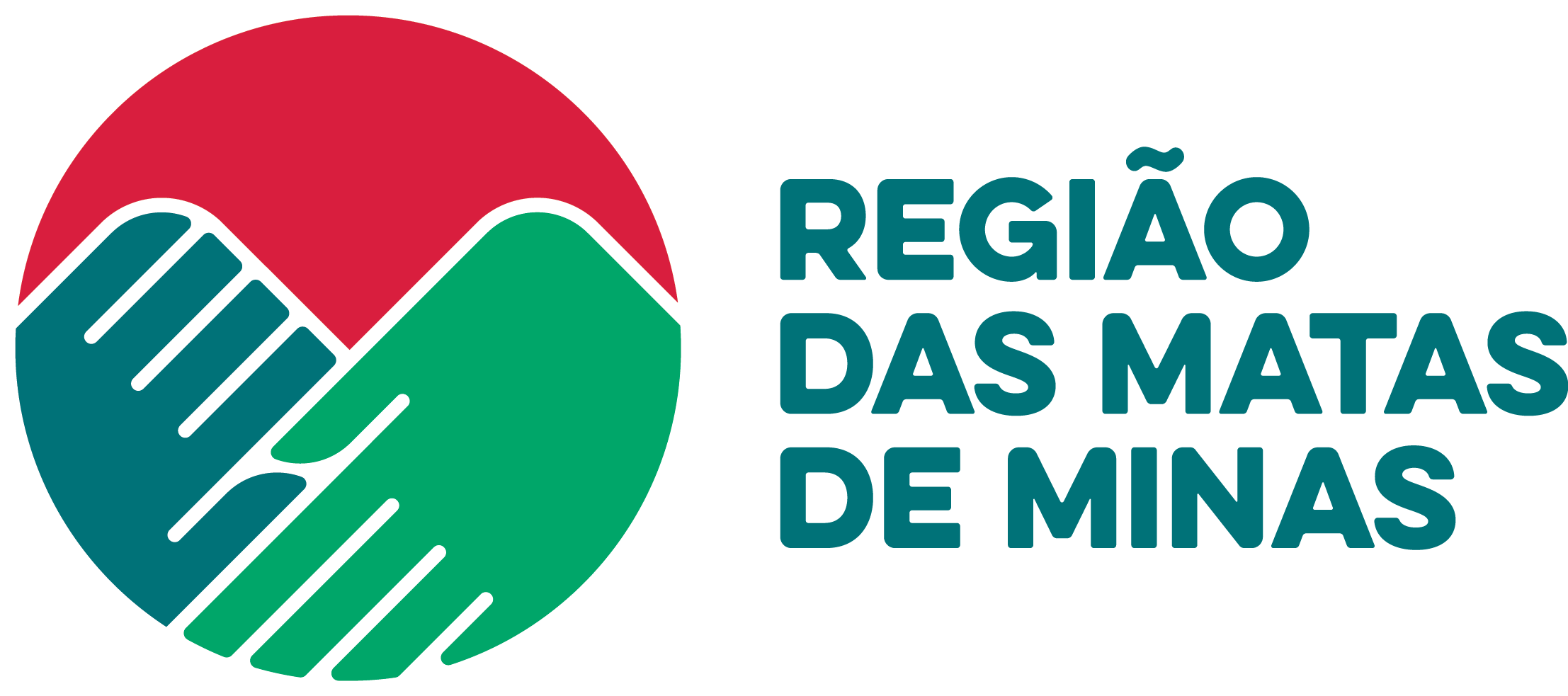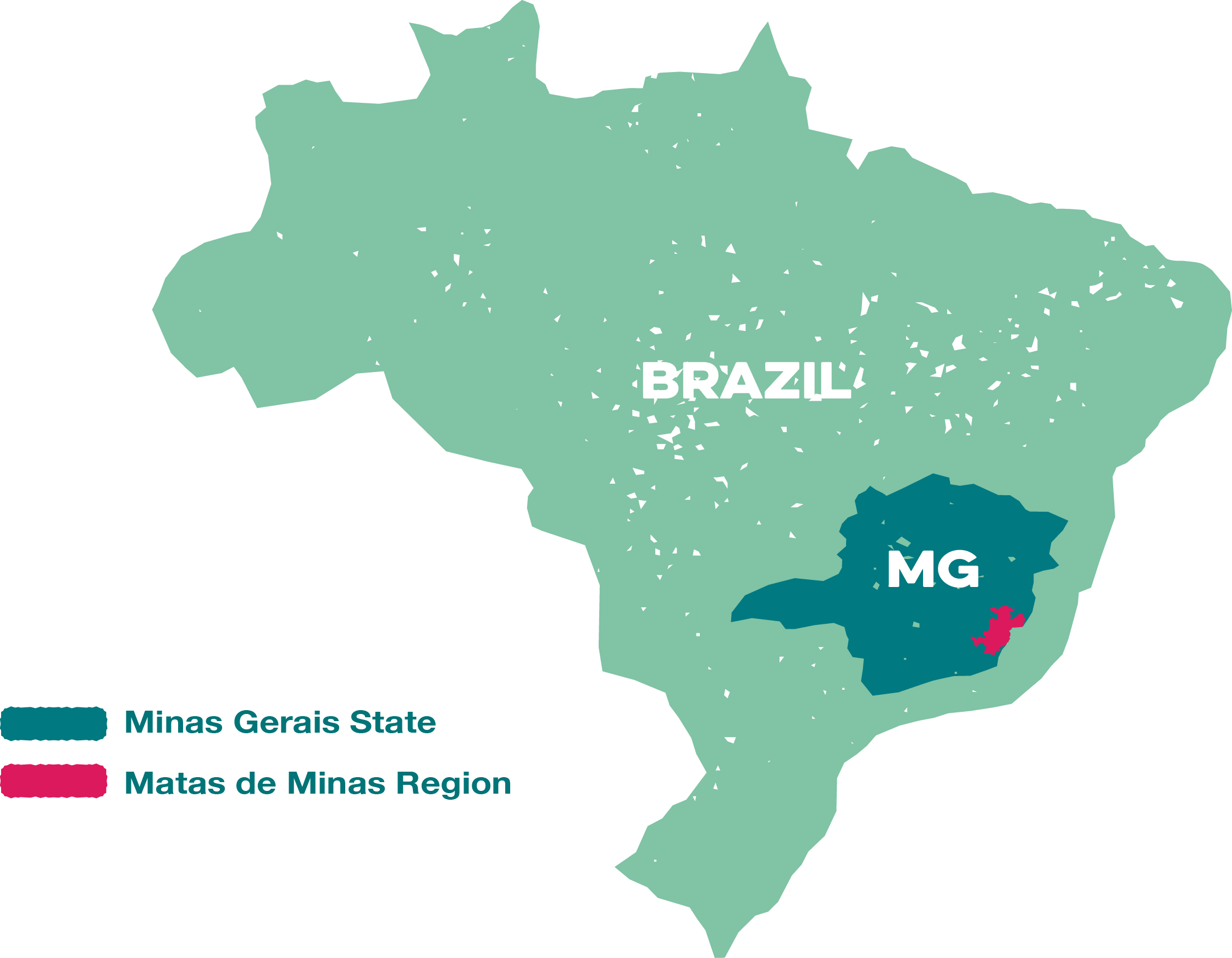
Naturally
Artisanal®
Municipality: Manhumirim / Minas Gerais
Average altitude: 900.00 meters
Average temperature: 21 ºC
Latitude: -20.371111
Longitude: -41.969166
On July 22nd 1949, a ship sailed from Genoa, in Italy, to Brazil. It took hundreds of Italian immigrants. Among them, Mario D'Alessandro and his dream of conquering the world. After disembarking in the Brazilian coast, Mario crossed the hill and settled in Manhumirim. He started working with pots and copper alembics. He set up a small business, and in his spare time, he would venture on foot or by horse through the trails in the top of the mountains. In his wanderings, he fell in love with planting coffee. Every day, he crossed the city on a bike, carrying seedlings for the property of Limeira. Years later, while carrying some friends to the rural area, a work accident took his life. Keeping the dream of producing coffee was a job for his great partner: his son Sergio. A man who was passionate about mountain coffee plantations, their qualities and variety of flavours. Low voice, a busy way of walking from the toil, and devotion for the manual process of coffee production, Sérgio tripled the production left by his father. He has always shared his knowledge with other producers so that, together, they could increase the supply of quality coffee in the region. Sometimes it is possible to see Sergio walking alone in the plantation, smelling and touching the coffee beans. He lives quietly the pride of having made old Mario's dream come true. Today, who travels by ship is the coffee from the region of Matas de Minas, often to Europe, the D'Alessandros' old land.
| Bags: | 5 |
|---|---|
| Coffee variety: | Catuaí amarelo IAC - 62 |
| Processing: | Natural |
| Maximum altitude: | 900.00 meters |
| Harvest: | 2023/2024 |

Municipalities
64
Location
East of Minas Gerais State
Production area
275,000
hectares
Growers
36,000
(80% small producers, with less than 20 ha planted)
Direct jobs
75,000
Indirect jobs
156,000
We are pioneers in what we call artisanal quality – the andcrafted work and techniques developed by our growers in the region – producing high quality coffees. The result of this effort is a diversity of nuances and flavours that are present in our coffees – highly prized in the most important national and international coffee competitions.


Our production is naturally sustainable, predominantly made up of family farming and impacted by direct and indirect economic and social factors, and the natural integration between man and forest, cultural factors present in the coffee production of our region.
The Matas de Minas Region is regulated by the “Matas de Minas Coffee Associations Council”. A non profit organization with representative, scientific, educative and cultural roles, formed by associated members and partnerships, focused on the development of the coffee growers throughout the 64 municipalities that compose the demarcated region of the Matas de Minas.






